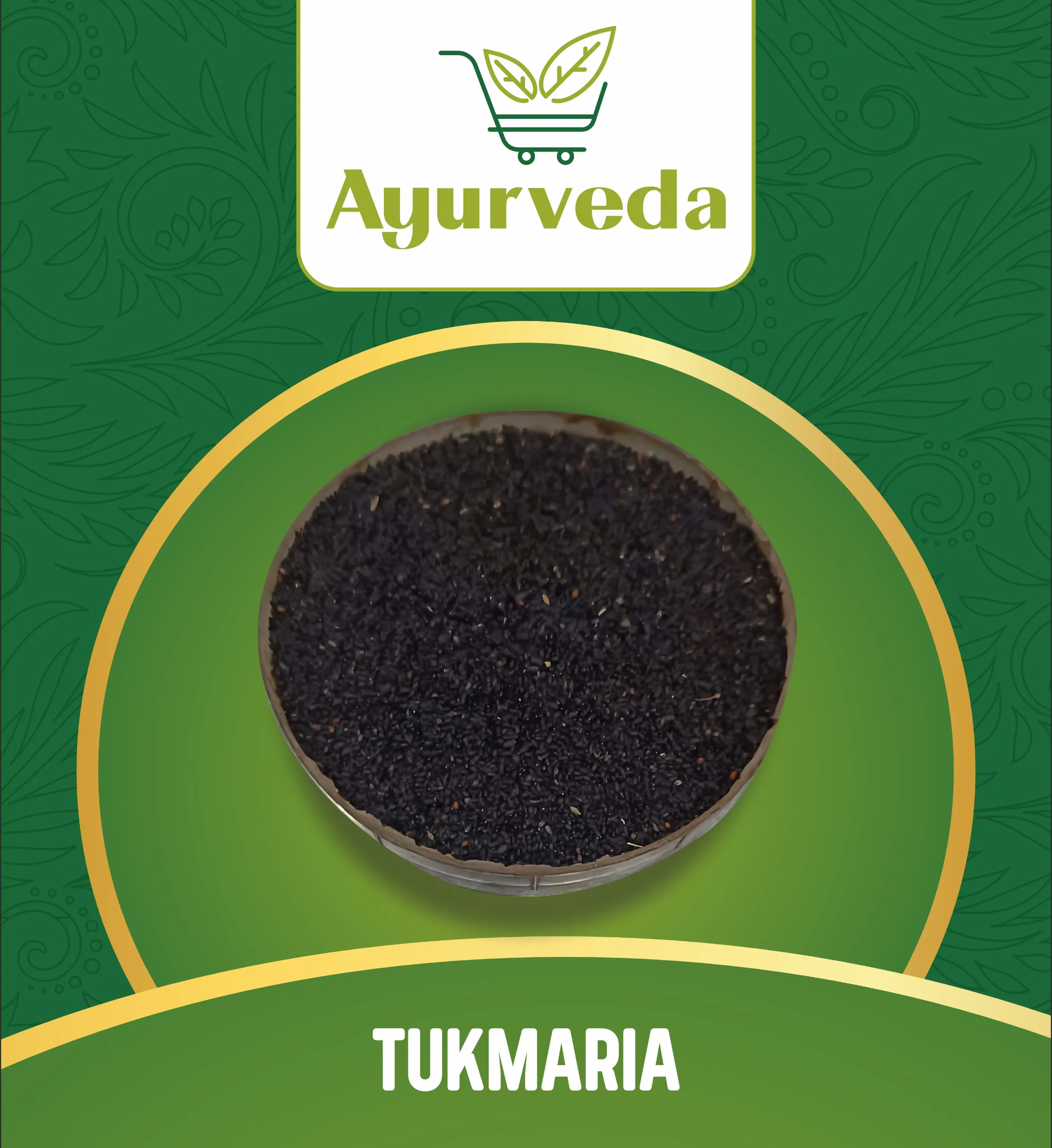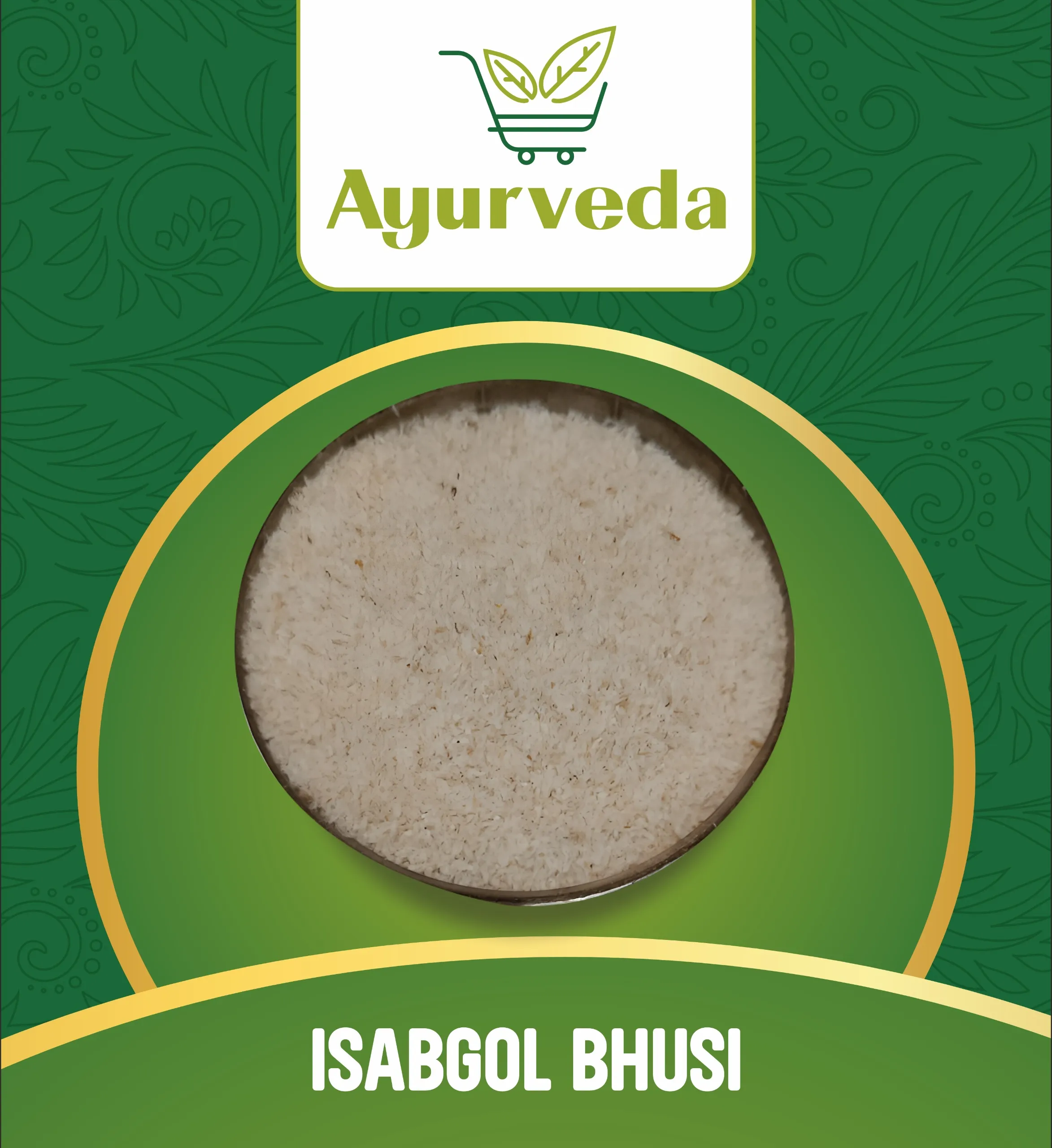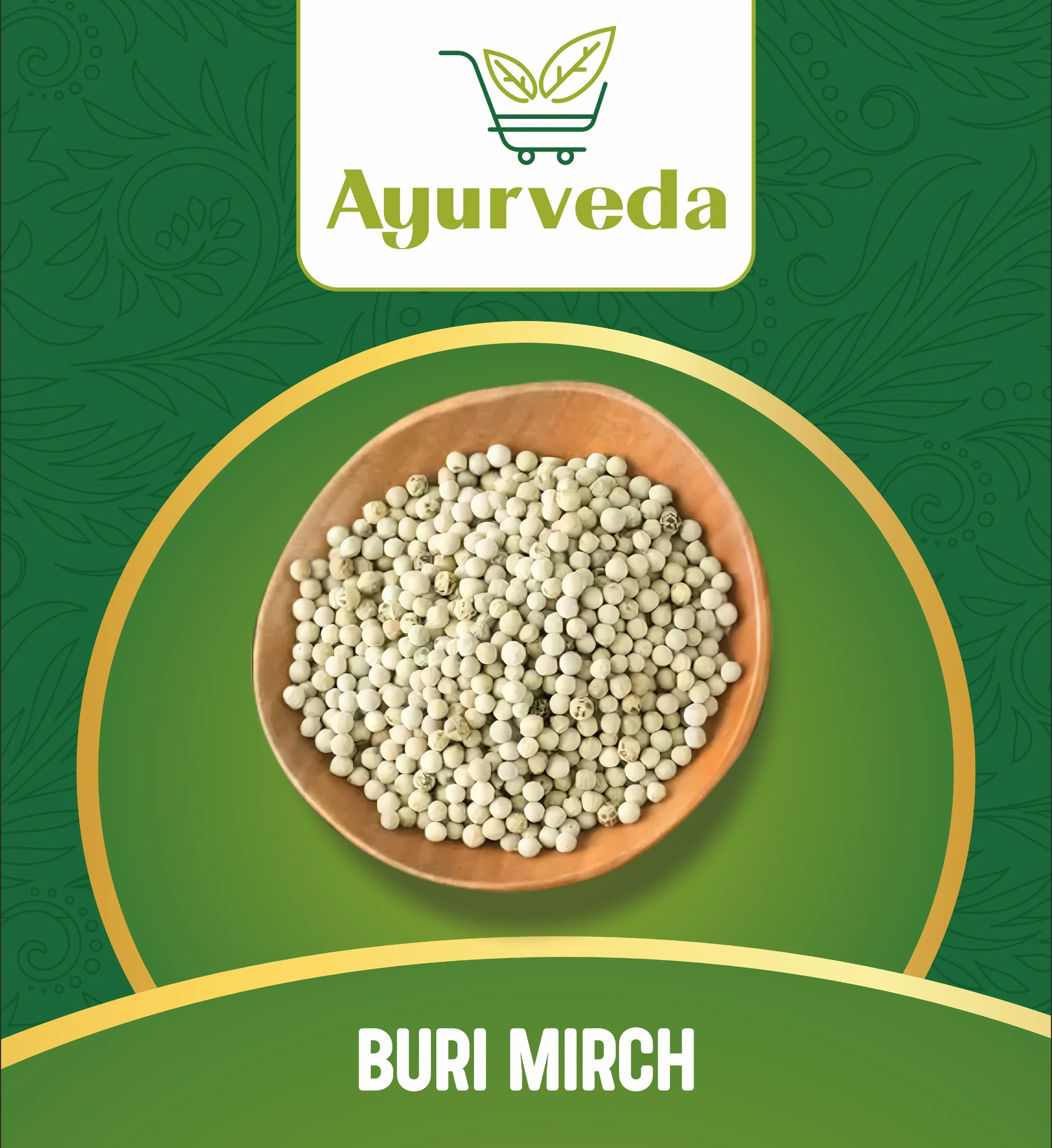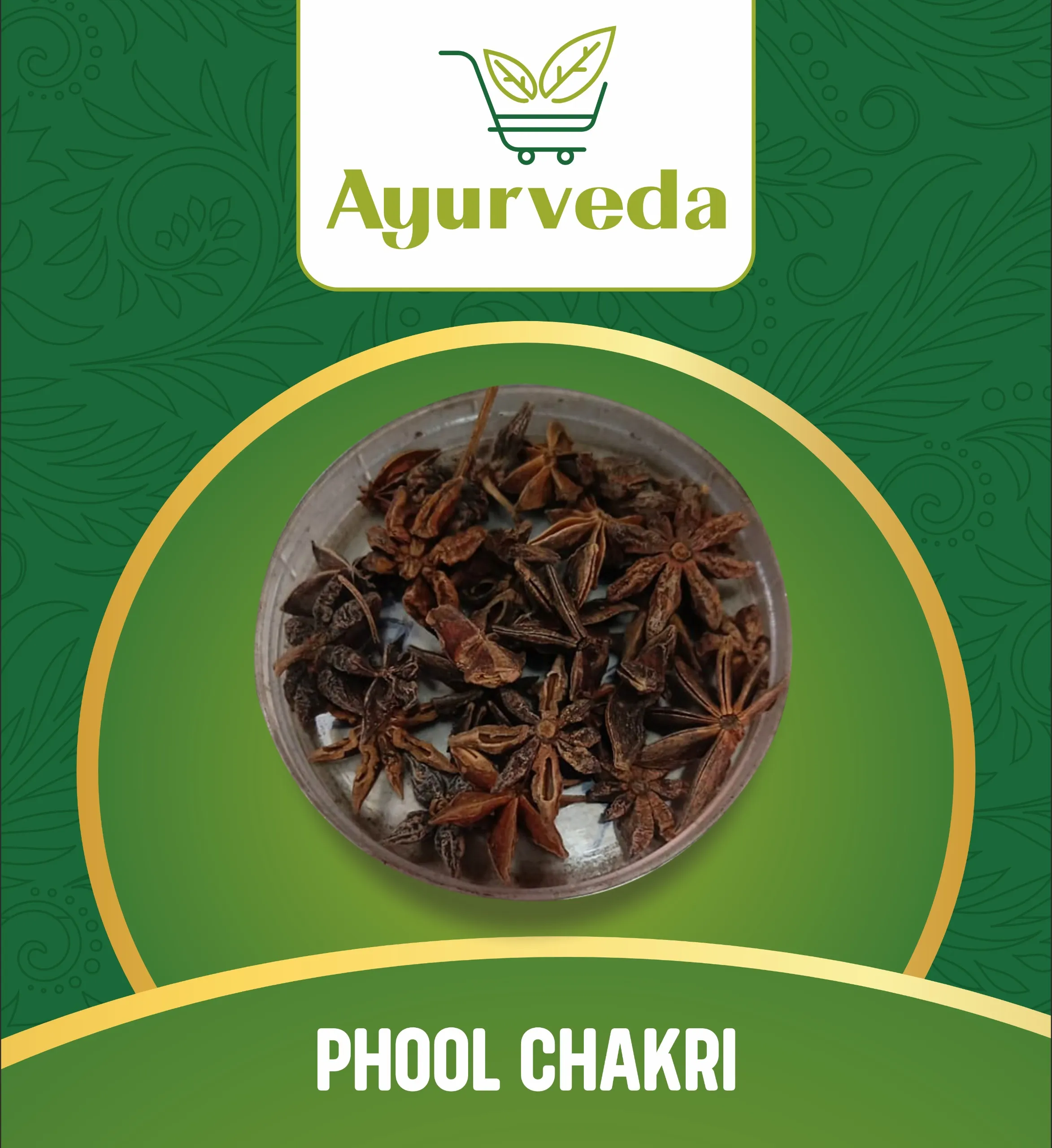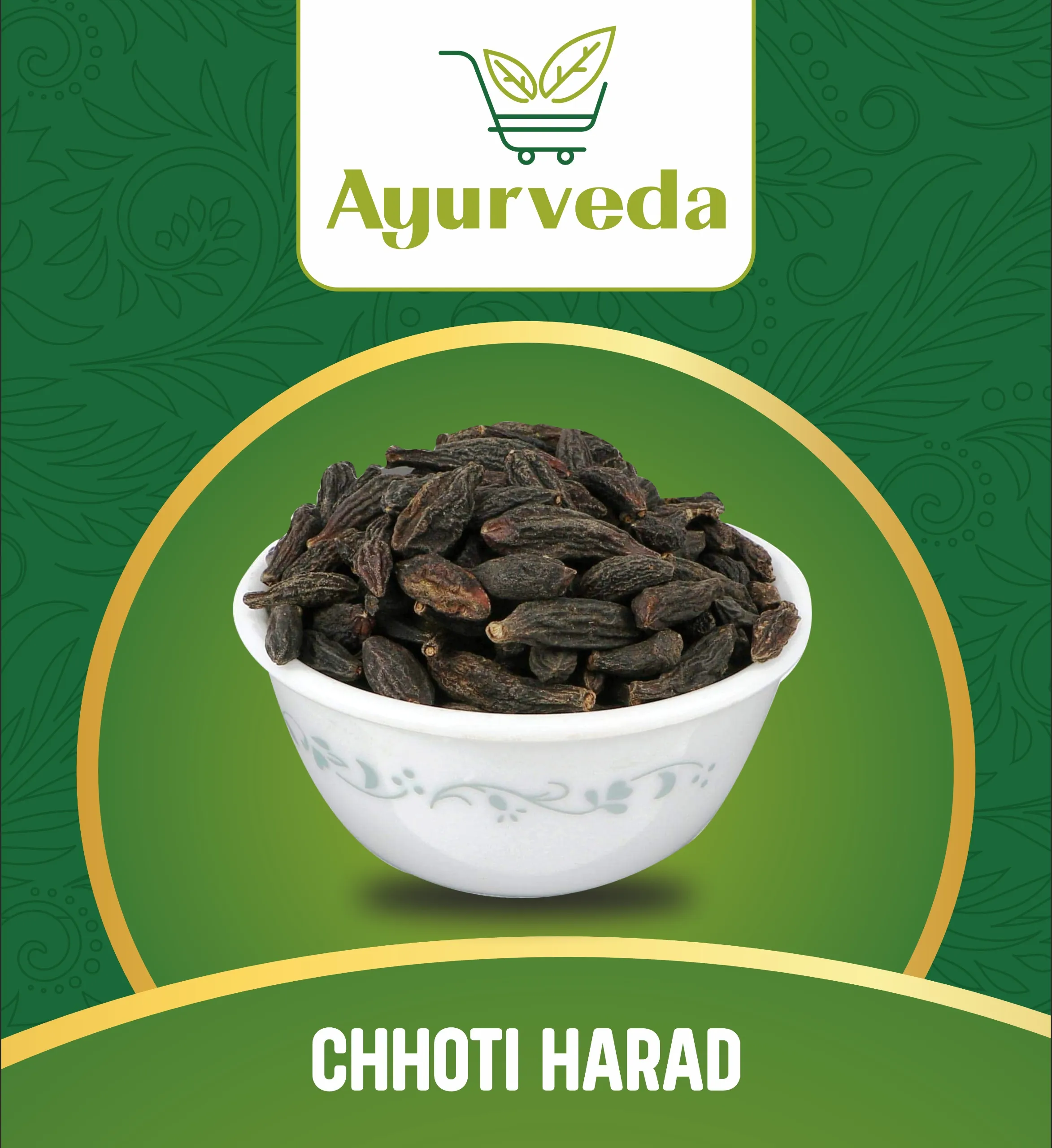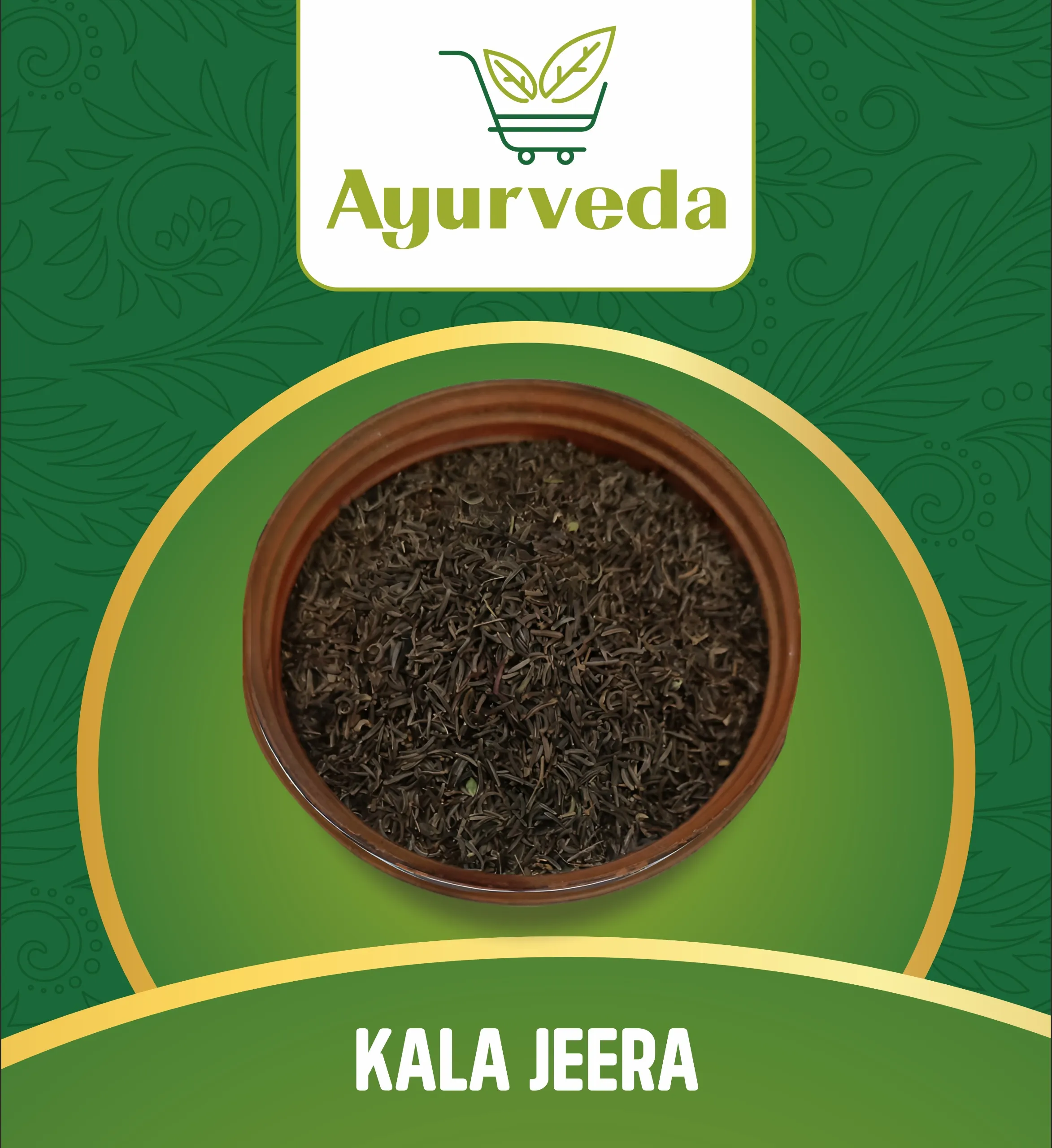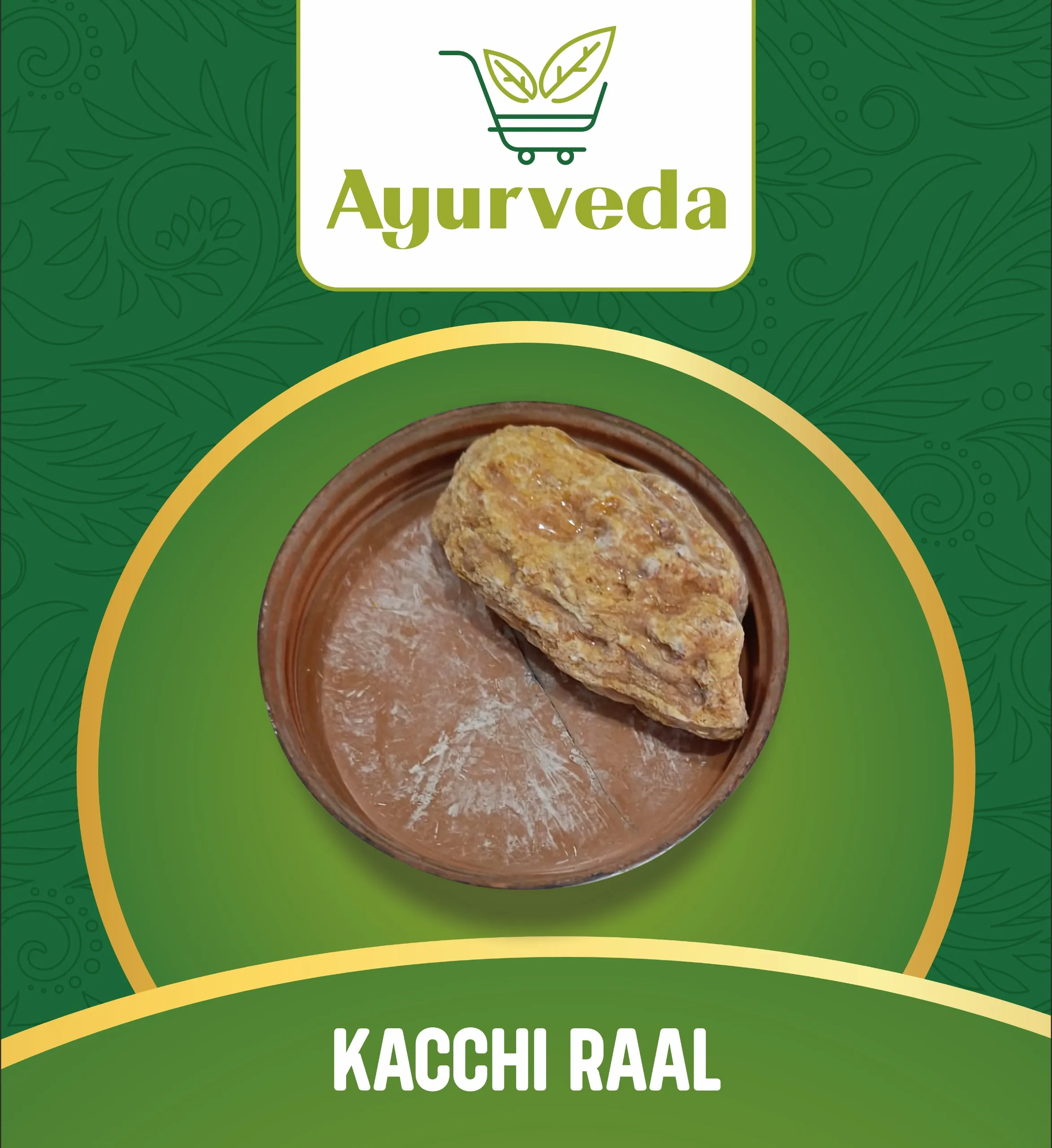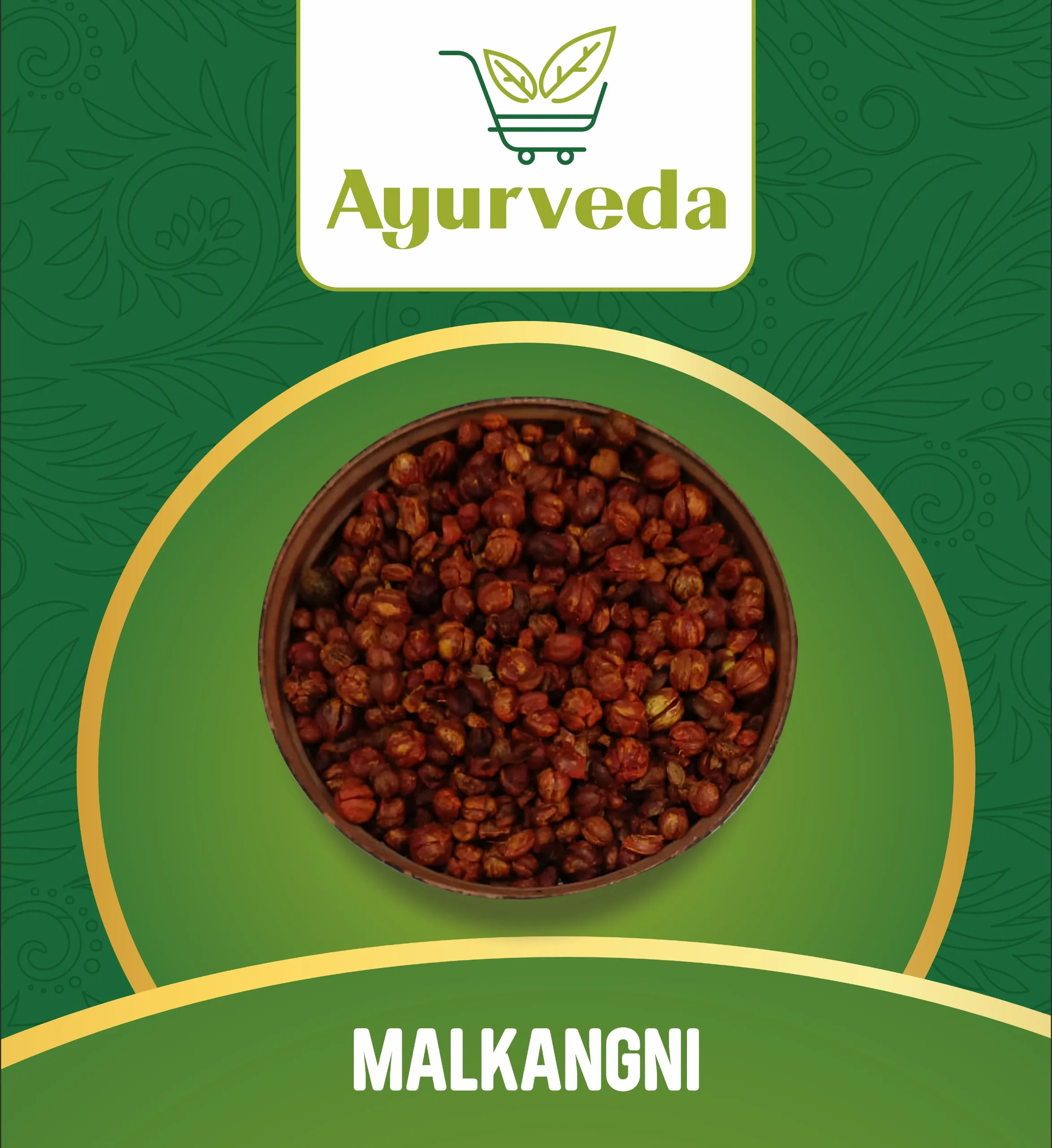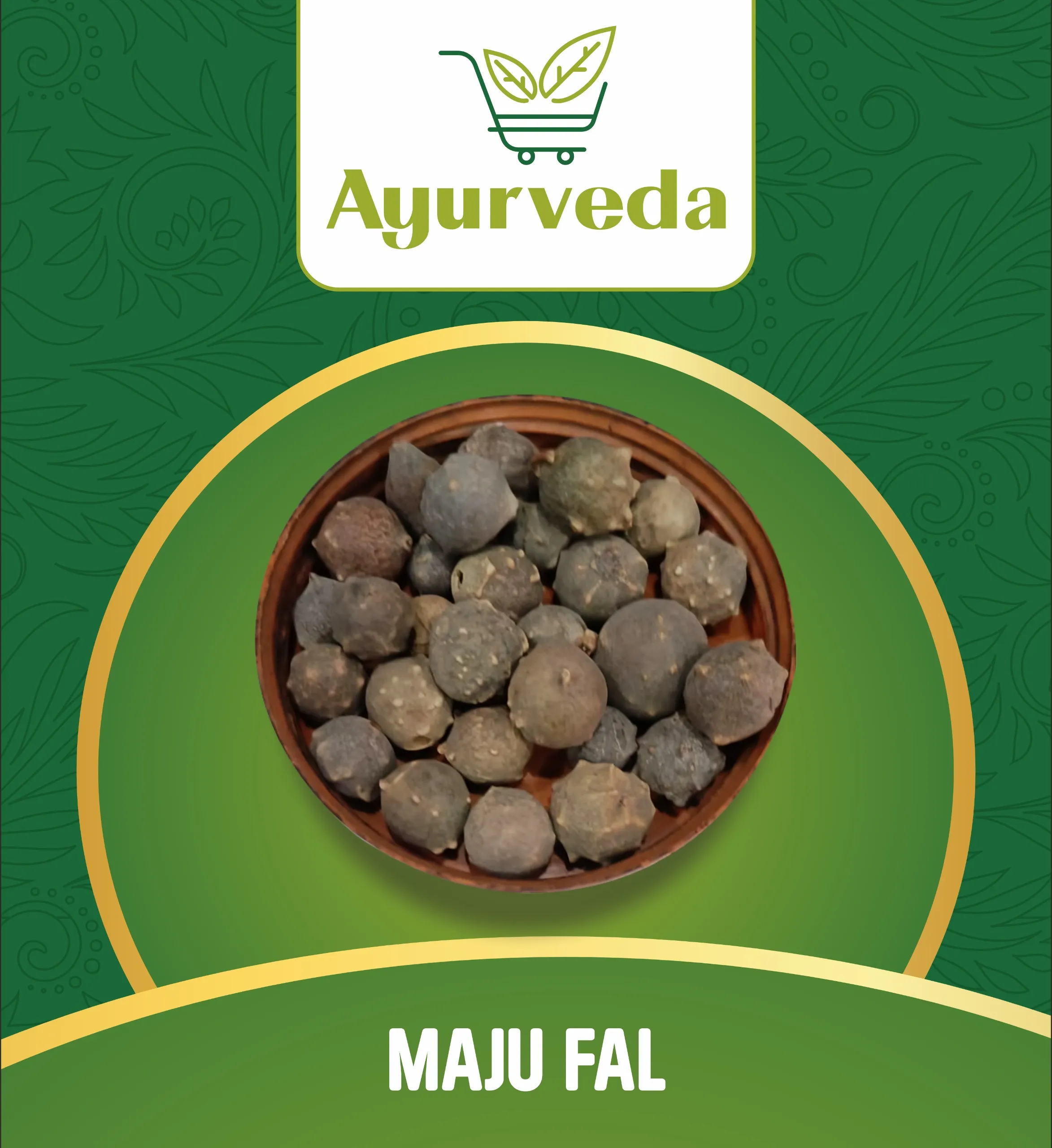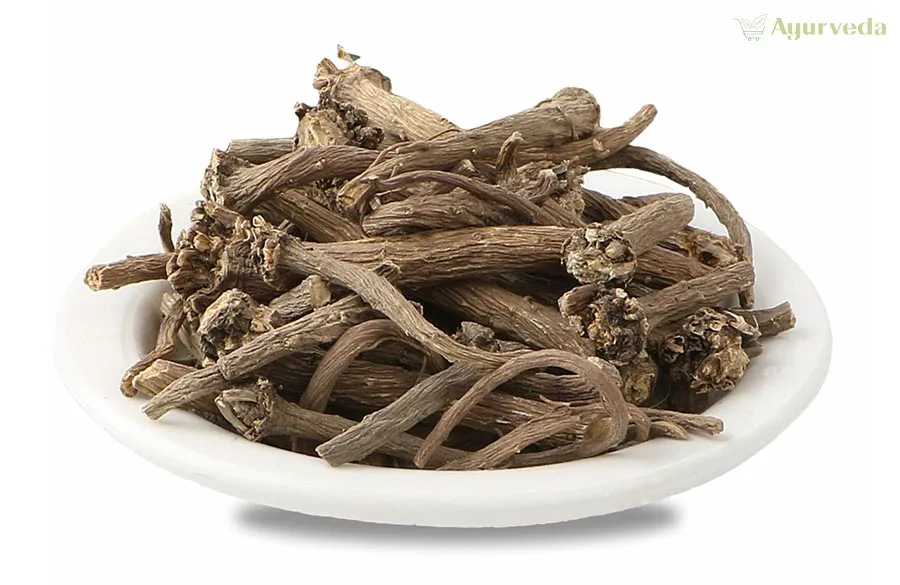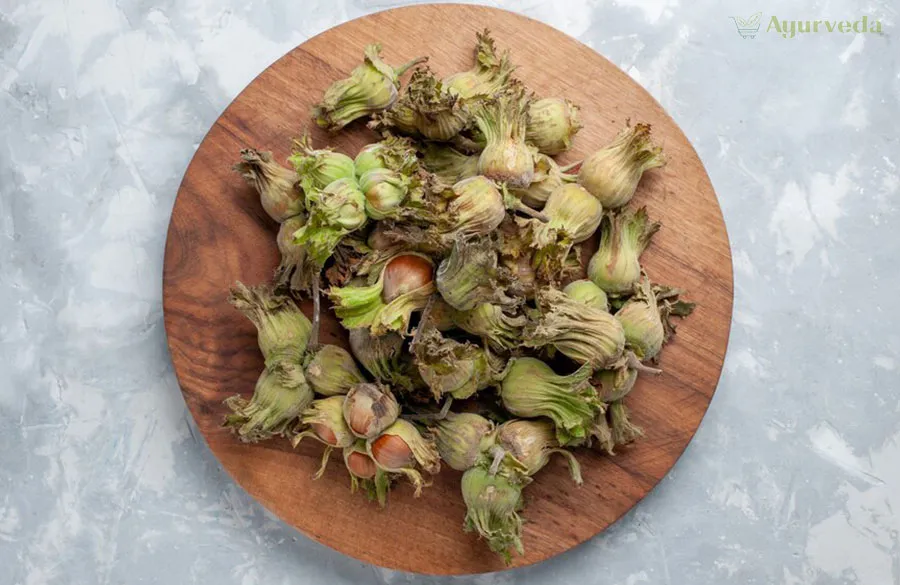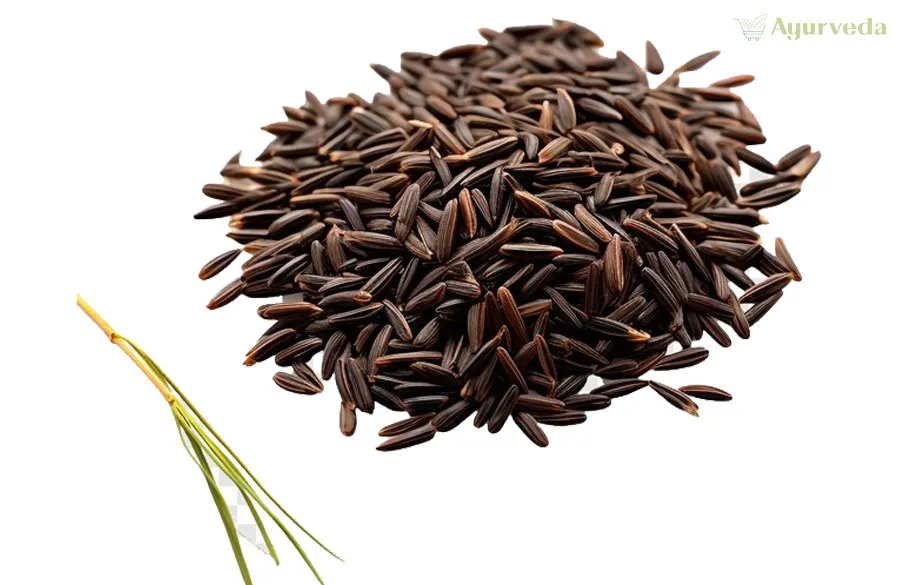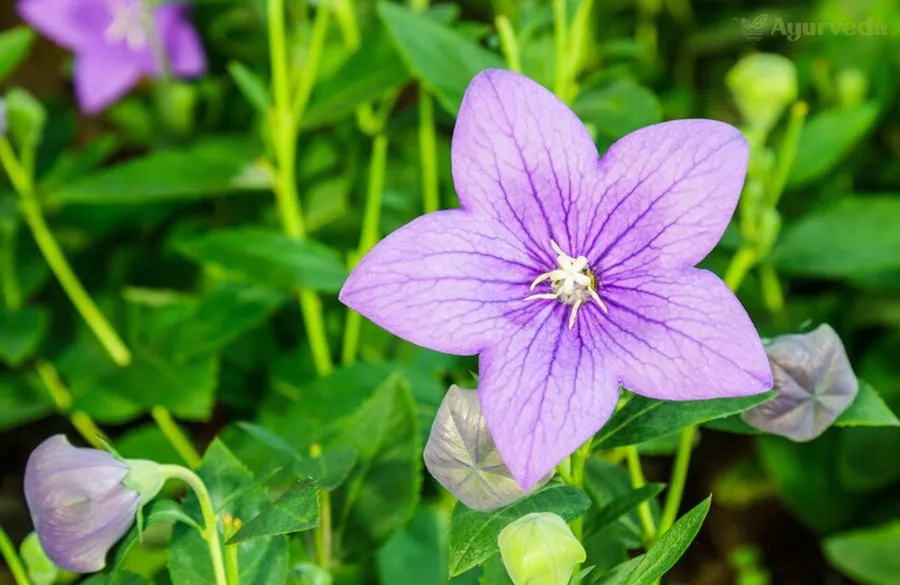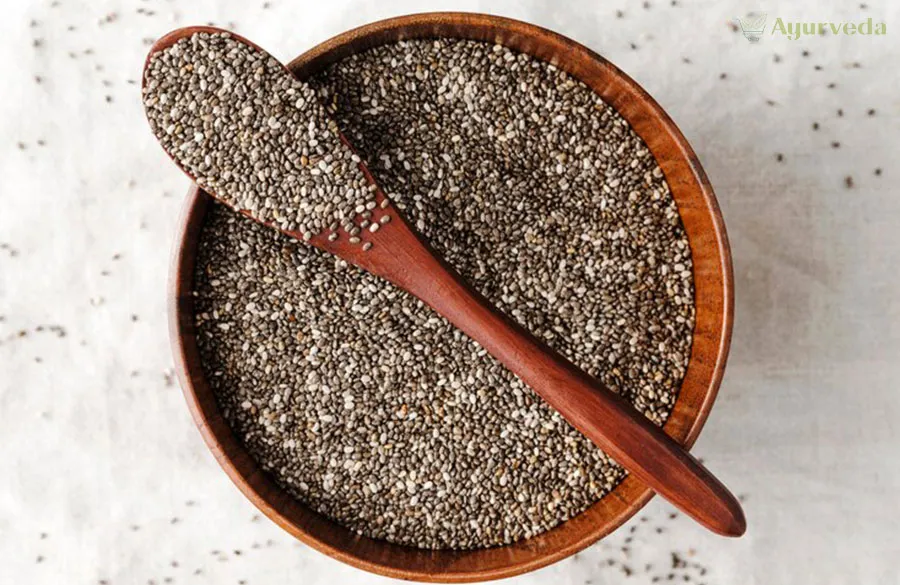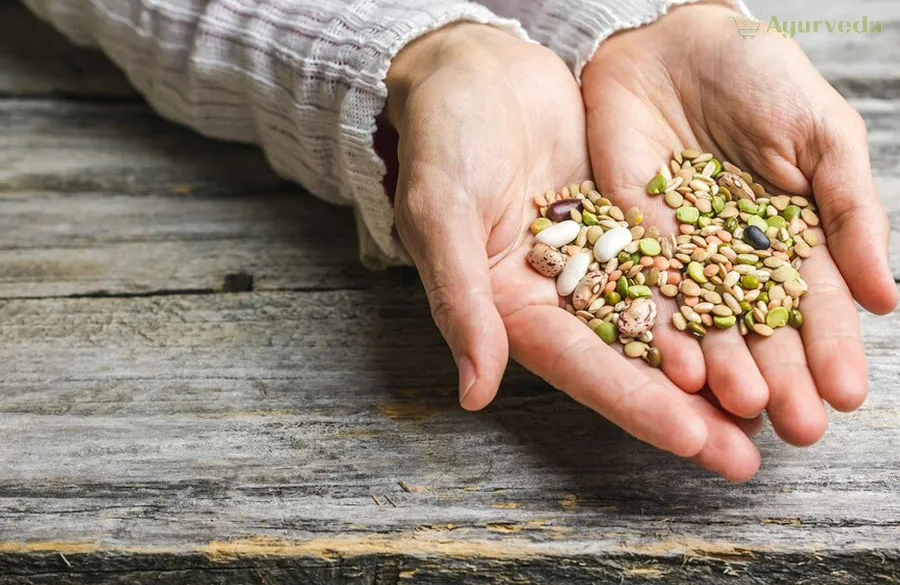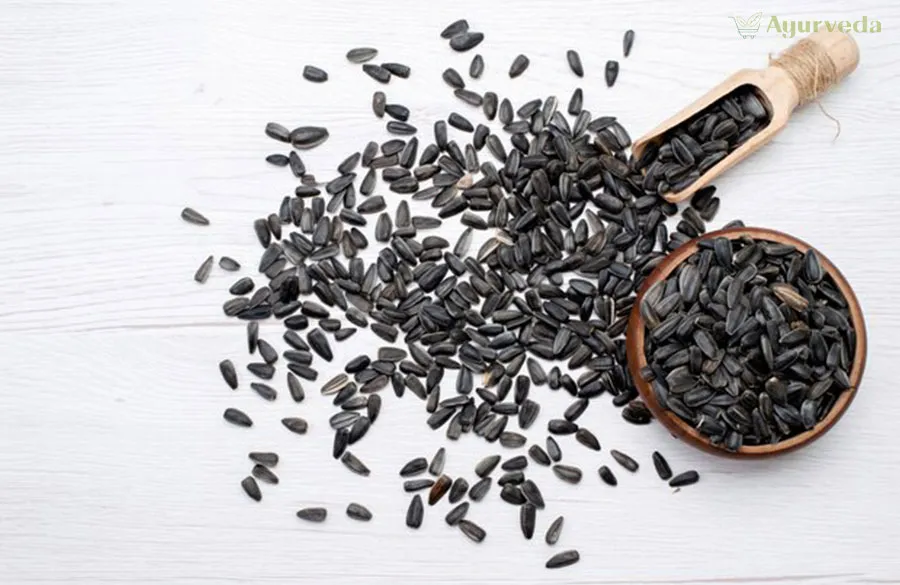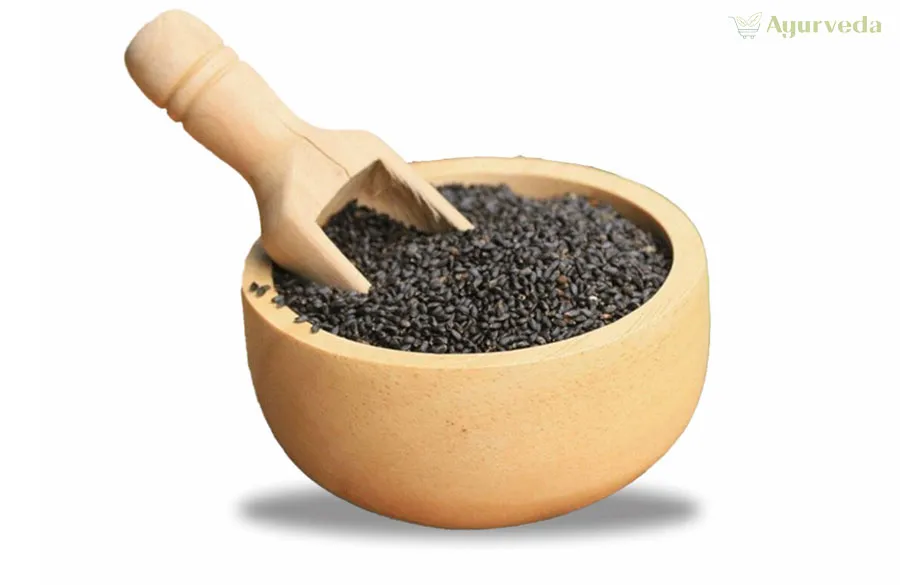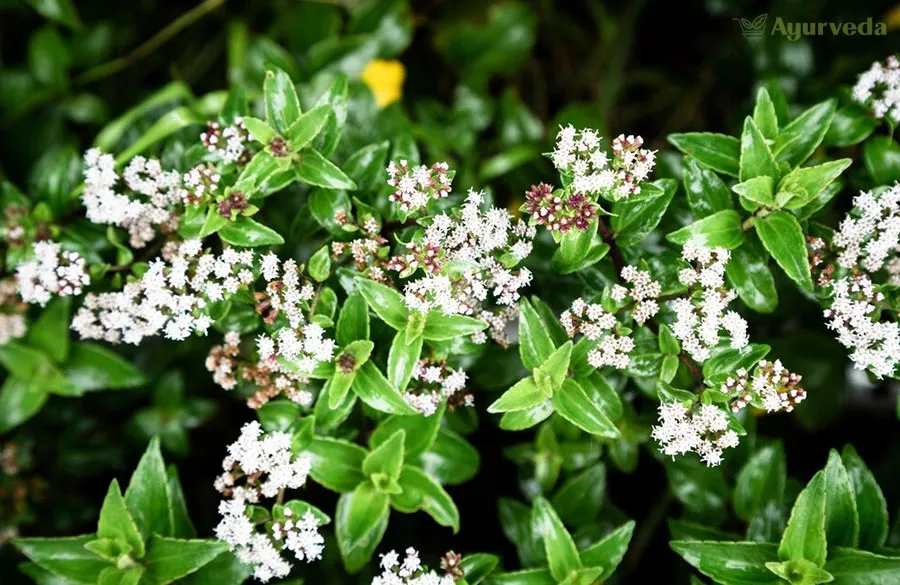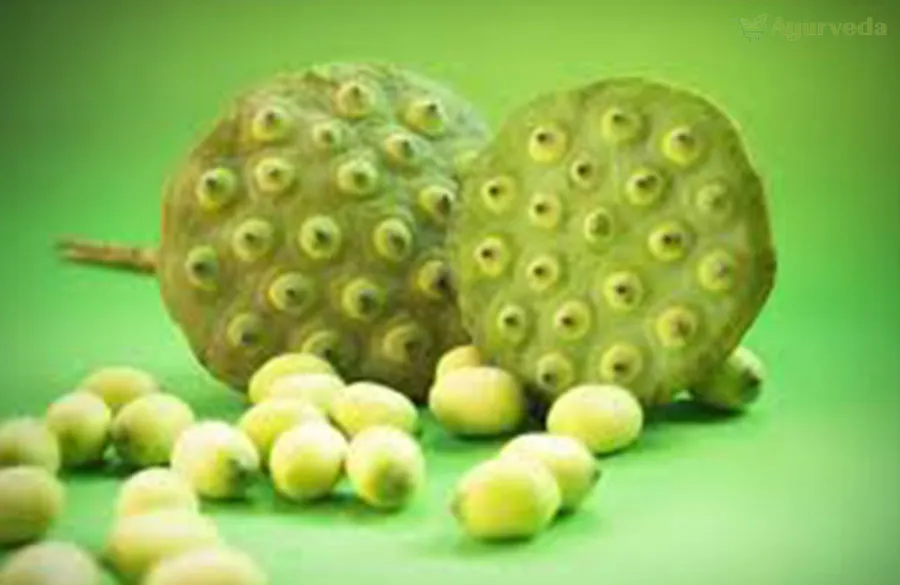
Kamal Gattha: The Sacred Lotus Seed
- 27 Feb, 2024
Kamal Gattha, also known as the sacred lotus seed, holds a special place in Ayurveda and traditional medicine. Derived from the lotus flower (Nelumbo nucifera), these seeds are not just a culinary delight but also offer a range of health benefits. Let's dive into the world of Kamal Gattha and explore its benefits, and cultural significance.
Origins and Cultural Significance
The lotus flower has deep-rooted symbolism in many cultures. In Hinduism and Buddhism, the lotus is revered as a symbol of purity, enlightenment, and rebirth. The lotus grows in muddy waters, yet its flower rises above the surface, symbolizing the journey from darkness to light, from ignorance to knowledge.
The seeds of the lotus, known as Kamal Gattha in Hindi, are a part of various religious rituals and ceremonies. They are considered sacred and are often offered to deities during prayers and rituals.
Nutritional Profile and Culinary Uses
Kamal Gattha seeds are rich in nutrients and are a good source of protein, fiber, vitamins, and minerals. They are low in calories and high in antioxidants, making them a healthy addition to your diet.
In culinary applications, Kamal Gattha seeds are often roasted or fried and used as a crunchy topping for dishes. They can also be ground into a flour and used in baking or as a thickening agent in soups and stews.
Modern Research and Potential Applications
While Kamal Gattha has been used for centuries in traditional medicine, modern research is beginning to uncover its potential health benefits. Studies suggest that Kamal Gattha seeds may have anti-inflammatory, antioxidant, and anti-cancer properties. They may also help lower cholesterol levels and improve heart health.




